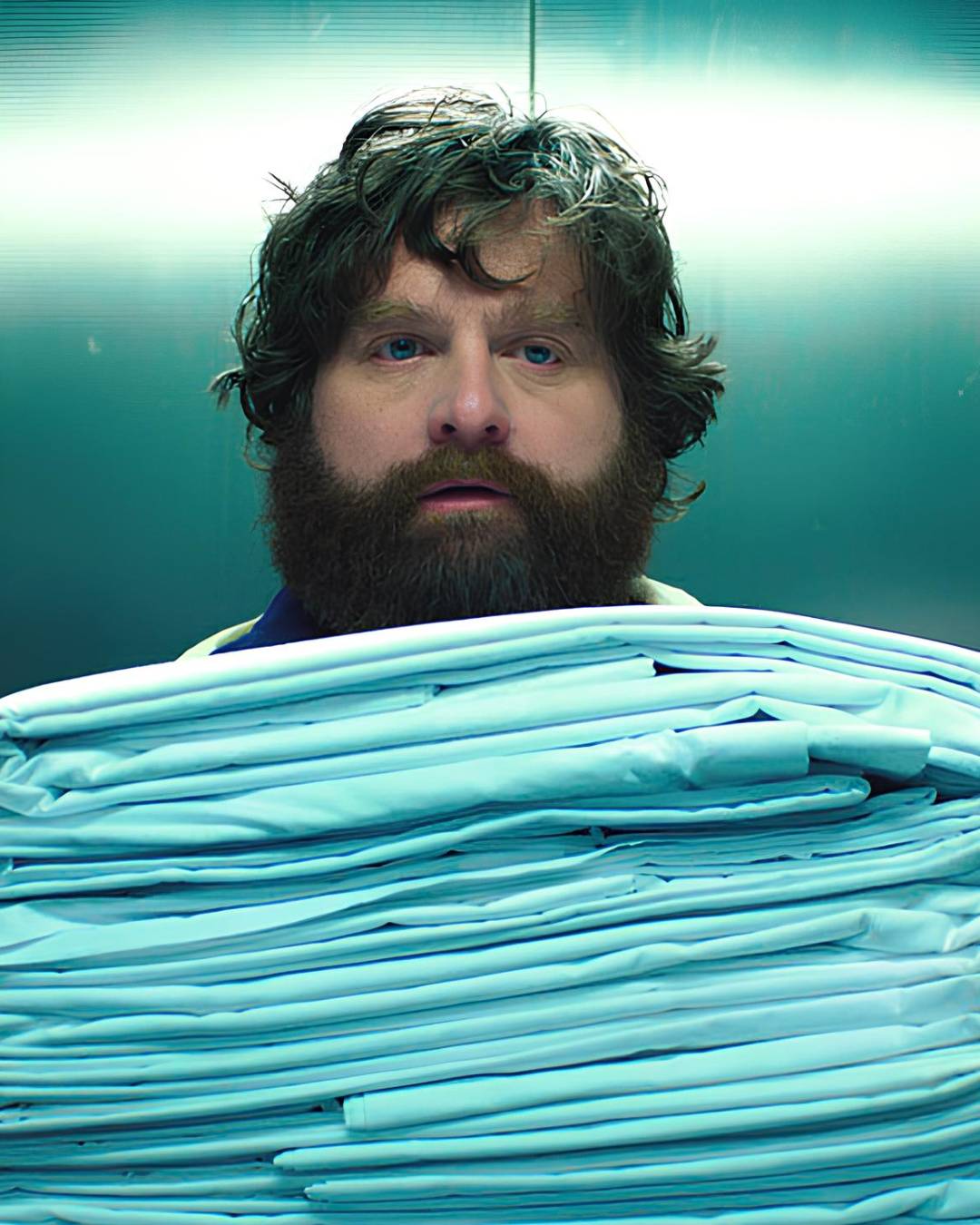
The success of the Reddit channel ‘Am I the Asshole?’ explained It has even become the subject of scientific research
One of the most popular and long-standing discussion forums on Reddit is titled Am I the Asshole? (“Am I the jerk?”) and has been around for over ten years. It consists of users who reflect on the appropriateness of their behavior in particular circumstances, sharing personal stories anonymously but in great detail. The content discussed includes, for example, whether it is morally acceptable to cut in line, or whether it is advisable or not to tell a father that the child he believes is his might belong to someone else. There are also those who ask if they are wrong to treat their daughter differently from how they relate to their spouse's daughter, or those who wonder if it is inappropriate to go out to dinner with their mother for her birthday without also including their wife. All these topics revolve around the perception of morality, a phenomenon widely studied in the social sciences: the issues raised on Am I the Asshole? are indeed a very useful tool for those involved in philosophy and psychology. For this reason, a group of American researchers, using artificial intelligence software, decided to analyze and categorize the more than 360,000 topics discussed and described on the Reddit channel, along with the respective 11 million comments in response. The various moral issues described were then grouped into six macro groups, allowing for a more in-depth analysis and the extraction of interesting data.
What does the study on Am I the Asshole consist of?
@apwstr AITA: Want BF to Stop Being Friends With Someone #podcast #comedy #reddit #redditreadings #redditstories #reddit_tiktok #aita #apwstr #storytime original sound - APWSTR Productions
The researchers, studying Am I the Asshole?, concluded that a very important variable in judging the morality of individuals' actions is the relational context. This is a topic widely covered in philosophy and psychology, as it inevitably reflects on other broader phenomena, such as the clinical and military fields, and is considered an essential part of human behavior. Thanks to the study conducted on Am I the Asshole?, it is clearer that different categories of people – family members, colleagues, friends, strangers, and so on – correspond to different moral obligations. Ethical issues have long been the subject of heated debates – especially online. This has happened, for example, with The Last of Us, the acclaimed U.S. television series based on a 2013 video game. In the last episode, the male protagonist of the story, set in a post-apocalyptic world overrun by zombies, is faced with a decision that divided viewers: save humanity from the ongoing catastrophe by sacrificing one person very dear to him, or keep her alive but leave things as they are. Many viewers of the series took to social media to debate – without reaching a shared position – which of the two choices is the right one. And the research conducted on Am I the Asshole?, if you think about it, can help to better understand how people reason when faced with such situations.
By analyzing the Reddit channel, researchers have found that moral obligations toward those to whom one is most attached tend to be perceived as a priority over those toward the community. The study, in fact, helps to understand how often the so-called "moral dilemmas" (well represented by the various issues discussed on Am I the Asshole?) are influenced by individual subjects – subjects that are real, unlike the imaginary ones often used in psychology experiments. This is the case, for example, of the so-called "Trolley Problem," a well-known test formulated in 1967 in which participants are faced with choices that involve the good of someone at the expense of someone else. Unlike the abstract situations presented in the Trolley Problem, which underlies a broad genre of experiments on moral issues, those described on Am I the Asshole? have the advantage of being concrete, involving real people – so they can potentially happen to anyone in everyday life. In this way, the study shows that the moral evaluation of each situation changes depending on the social context in which it is set. Am I the Asshole?, not surprisingly, had already been used in the past for psychological research on the social consequences of not keeping a secret: using data collected on the channel, it was possible to observe interesting variables for the study, leading to the conclusion that revealing a secret is an action judged negatively by others, even when the same subjects believe it is the right thing to do.















































